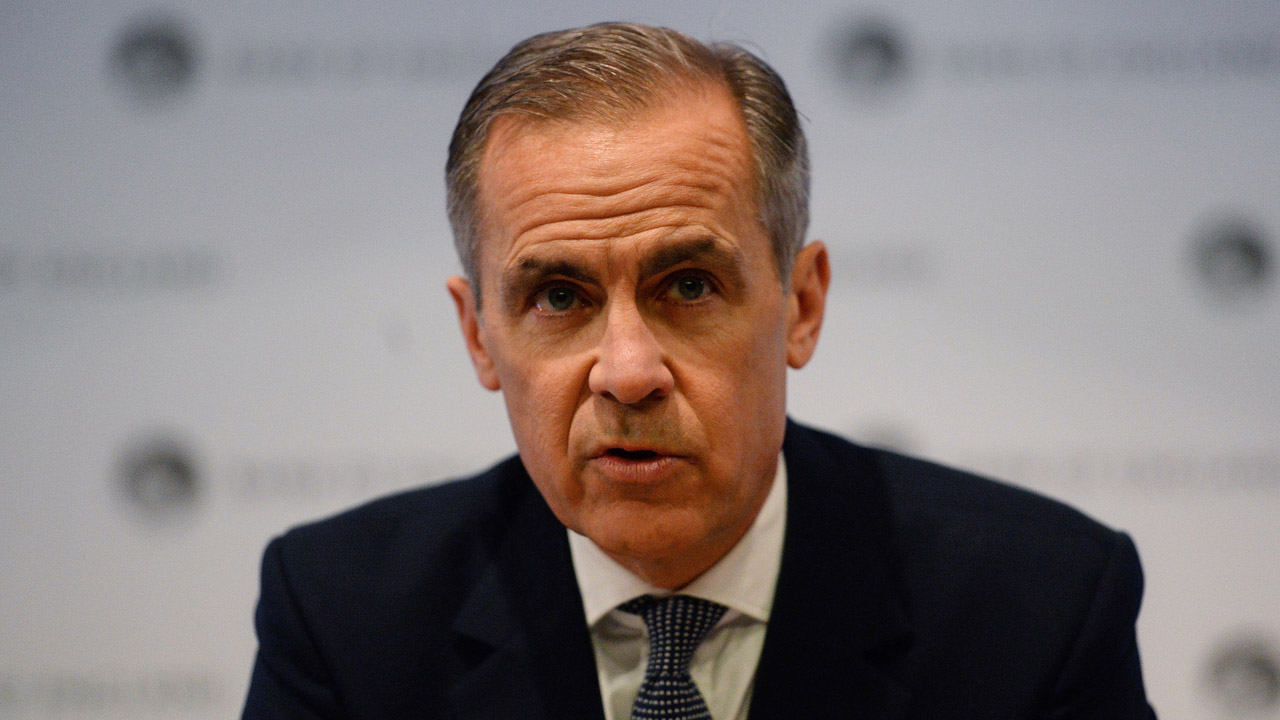
“The Bank will increase the frequency of existing market-wide sterling (cash loans)… from monthly to weekly over the weeks surrounding the planned EU withdrawal date,” the BoE said in a statement.
“This change will apply from March and will run until end April.”
The BoE added: “This is a prudent and precautionary step, consistent with the Bank’s financial stability objective, to provide additional flexibility in the Bank’s provision of liquidity insurance in the coming months.”
Updating a panel of cross-party British MPs Tuesday on Bank of England forecasts and policy, Bank of England governor Mark Carney insisted that the liquidity announcement was “part of normal contingency planning” and that commercial banks were functioning well.
“We are not seeing any liquidity stresses in the market,” Carney said.
The central bank carried out the same measure ahead of and following Britain’s referendum on leaving the EU in June 2016.
Britain is on course to leave the European Union on March 29, although there has been increasing talk of a possible delay.
“The Bank of England is today announcing a temporary amendment to its liquidity insurance facilities,” the BoE said Tuesday.
“The Bank will increase the frequency of existing market-wide sterling operations, Indexed Long-Term Repos (ILTRs).”
In ILTR operations, financial institutions can offer assets to the Bank of England in return for six-month cash loans.
This helps banks and the wider financial industry keep ticking over during periods of market turbulence.
Similar lending was also carried out in 2008 during the global financial crisis.
Tuesday’s announcement comes a day after the Bank of England said that authorities in Britain and the United States had agreed to maintain how multi-trillion-dollar financial transactions are carried out between the two countries after Brexit.
The agreement concerns trades of derivatives — securities whose value is based on an asset such as currencies, stocks and commodities.
Meanwhile, also on Tuesday, Britain’s Prime Minister Theresa May faced mounting pressure from her own government to delay Brexit after the main opposition Labour Party raised the prospect of a second referendum.
May has steadfastly argued that she must keep the prospect of Britain crashing out the bloc without an agreement on March 29 on the table in order to wrest essential concessions from Brussels.
But her talks with European leaders on Sunday and Monday in Egypt achieved no breakthrough and the 46-year relationship is approaching a messy breakup that could wreak havoc on global markets and create border chaos.
[ad unit=2]






